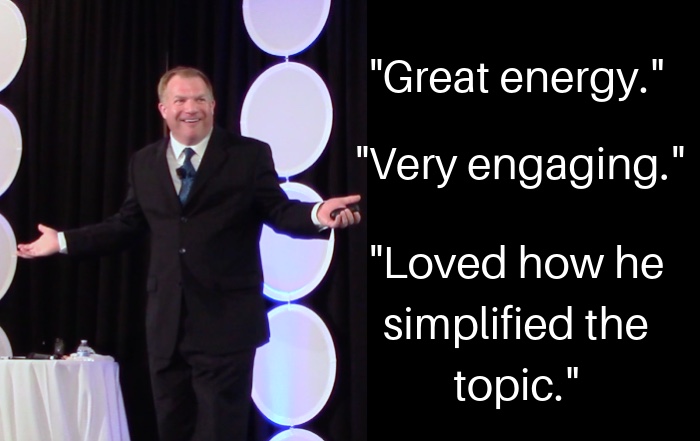 How do you handle high stress moments at work? I’ve learned they can happen when you least expect. And you’re likely expected to perform at a high level.
How do you handle high stress moments at work? I’ve learned they can happen when you least expect. And you’re likely expected to perform at a high level.
It’s like you’re dancing to a particular type of music and suddenly the music changes. You need to keep dancing and dance well.
This kind of switch presents a challenge to many and it’s understandable. During my TV news days I had to learn how to handle high stress moments. This was especially true more than 15 years ago, on a night that started quietly.
The Story
My photographer and I were covering a hot air balloon festival for the 11 p.m. news. The story offered us great visuals, friendly crowds, and relaxed day of work.
But the story never aired because while I was writing it, in our live truck, my cell phone rang. It was the assignment editor at our station.
“A police officer has just been shot near you. Stop what you’re doing, drop your story, and cover the shooting.”
In that moment, everything changed for us. We left a comfortable day of work for chaotic breaking news. And we were covering a manhunt.
I learned the officer had pulled over a car as part of a routine traffic stop. The driver had several outstanding warrants and didn’t want to go to jail. While the officer was checking the man’s license, the suspect pulled out a gun, shot him, and fled the scene.
Now the evening sky was lit by blue and red flashing lights, as officers from all over the state raced into the area, sirens screaming, offering their help with the manhunt. They live by a code that says you drop everything and help when one of your own is hurt in the line of duty.
Eventually, we learned police believed the suspect was hiding in a certain part of town. The officers set up a rectangular search area they could use to corner him.
We learned at one end of the rectangle, a temporary command post has been created. We head over there to get some video and possibly an interview.
When we arrive, it’s different from other police scenes. There’s no barriers or police tape limiting our access. There’s no conversation with the officers. It almost seems like the officers don’t even notice us, as their focus is entirely on the search for the suspect.
Then a message comes over the police radio. A car matching the suspect is heading in our direction and should arrive soon. Immediately, guns are drawn, shotguns are pointed, as everyone squints down the darkened street.
At this moment, I realize it would be smart for my photographer and I to get in our news car and drive back a few feet to a safer location. But we can’t go anywhere because the officers are using our car a shield against possible gunfire.
When your heart is racing, it’s hard to monitor the passage of time. But at some point we learn, it was a false alarm.
Later, the suspect is arrested elsewhere and we find out the officer is alive.
In a relatively short amount of time, my photographer and I went from covering a joyful balloon festival to stressful manhunt. While your job may not produce these kinds of high stress moments at work, I’m sure you can be challenged by the unexpected need to quickly shift your focus.
I’ve found these tips to be very helpful in maintaining your focus when you’re presented with these situations:
Let Go
When you suddenly have to shift your focus from one task to another, you may find yourself missing the one you have to leave. But it’s difficult to do one thing well, while you’re thinking about something else. So you need to mentally let go of the what you were doing previously and be 100% present with your current project.
As a reporter, while the hot air balloon was a fun story, I couldn’t waste time and energy thinking about what it could have been.
Narrow Your Focus to Handle High Stress
During normal times, it’s okay to let your mind wander, think about what you’ll have for lunch, or catch up with colleagues. During a crisis, you need to put on some blinders and just focus on the issue at hand. Think of it as purposeful blockade around your mind.
Adjust Your Standards
If you’re a perfectionist, then you may struggle with having to work quickly on an urgent matter. Sometimes deadlines are unfair but you’ve got to do your best in the time allotted.
Afterwards, it can be good to celebrate what you’ve accomplished, rather than agonize over what could have been better.
When emotions are not running high, review your performance and then decide what you could do better next time.






